Raise Capital
May 16, 2025
Structuring Success: Rebecca Kacaba on Navigating the Capital Markets
At last month’s IPO Summit in New York City, DealMaker Co-Founder and CEO Rebecca Kacaba joined a panel of capital markets experts to share real-world guidance for CEOs preparing to go public. The session, Navigating the Capital Markets: A Guide for CEOs, offered sharp, actionable insight into raising capital effectively and building a company built to scale.
From Storytelling to Structure
“Success requires more than just a great story,” Rebecca shared during the panel. “It’s also the right structure, the right timing, the right partners.”
That mindset ran throughout the session. While narrative matters, it’s the framework behind the story—how the company is capitalized, who’s at the table, and how the company is positioned for long-term growth—that determines outcomes.
The Evolving Role of Digital Capital Raising
Digital capital raising has moved beyond niche strategy. It's become a core part of the modern capital stack. Online capital formation now gives private companies a way to build traction, validate demand, and raise significant capital without relying on structured financing or high-cost debt. Digital tools like profiling, funnel tracking, and remarketing have changed the speed and scale at which companies can operate. One of our recent raises, for example, generated $65 million in retail capital in under one week.
Founders who leverage retail capital early gain market validation and momentum—critical elements when approaching underwriters and preparing for an IPO.
Thinking Like an Underwriter
When choosing underwriters, CEOs should consider the perspective from across the table. Why does this company make sense to take public right now? What’s the growth plan? What is the market opportunity?
A defensible business model, strong financials, and proactive investor relations are essential. Rebecca also stressed the importance of cost awareness and transparency—going public requires a long-term investment of both time and capital.
IPOs Are Inflection Points
CEOs should stop thinking of IPOs as destinations. They are transitions that demand preparation and strategic clarity. Going public introduces a new level of operational discipline. Dilution planning, ongoing disclosure, regulatory compliance, and capital strategy must all be factored in. Successful companies treat the IPO as one step in a broader growth trajectory, not a finish line.
Simplicity Builds Trust
Panelists aligned on one message: clarity matters. The most successful capital raises aren’t necessarily the ones with the flashiest marketing. Instead, they come from companies that know how to communicate their value clearly and consistently.
Investors respond to companies with focused messaging, realistic expectations, and transparent updates. That’s why DealMaker’s platform is designed to help founders own their message and speak directly to their investors.
What’s Ahead for the Capital Markets
Despite a challenging regulatory environment, signs of change are emerging. More companies are moving toward digital-first strategies, and several have already made the leap from online capital raises to public markets.
Community-backed capital raising is gaining credibility. With the right tools and strategy, companies can attract long-term investors, build brand equity, and position themselves for sustainable growth.
Key Takeaways for CEOs:
- Preparation matters: structure, strategy, and narrative all need to align.
- Retail capital can be a powerful, founder-friendly source of funding.
- The IPO process requires long-term planning, not just short-term momentum.
- Clear, consistent communication is critical to investor trust.
- Surround yourself with professionals who understand the capital markets and regulatory landscape.
Transcript
Jane King: Thanks for your patience and we're gonna be talking about the capital markets. Success requires more than just a great story, of course it's also the right structure, the right timing, the right partners. So this session is really aimed at helping CEOs understand how to prepare and position their companies to raise capital, to select the right underwriters, engage investors effectively, and our panelists will offer some strategic insights into pre-IPO funding options. Readiness signals institutional engagement strategies and deal structuring of course all within the regulatory environment that we face today. So let's start with each panelist and just give us like 2 or 3 sentences about what you do and what kind of context you can add to this discussion.
Sean McCann: Sure, uh, Sean McCann, managing director, uh, industrial investment banking at Cantor, so I've done everything from underwriting, uh, companies from an IPO perspective.
M&A advisory. I also had a previous experience as an executive of a SPAC advising on the SPAC from a principal perspective, so I understand various ways to go public.
Rebecca Kacaba: Hi everyone, I'm Rebecca Kacaba, CEO and co-founder of DealMaker, which is a technology platform that helps you raise capital digitally.
I was a capital markets attorney before that for over a decade, but don't hold that against me.
I am now a founder, and we've done over 2 billion through the platform to date and excited to talk to you about these types of digital ways of raising capital.
Ted Haberfield: My name is Ted Haberfield. I'm chairman and president of MZ North America, which is a full service investor relations firm. I'm also president of MZ Digital, which is a digital marketing agency, and I'm also an active investor.
Jason Ye: Hi, good afternoon, everyone. My name is Jason Ye. Uh, I'm the, um, partner at Ortoli Rosenstadt LLP, uh, a law firm based here in Manhattan specializing in the capital market transactions like many other great lawyers in this room.
Uh, I'm also the managing partner of our firm's affiliate office in Singapore, Ortoli Rosenstadt Singapore, yeah.
So, uh, we have offices in New York, Singapore, and also building another one in Hong Kong.
Uh, we specialize in helping companies from Asia to get, uh, listed here on to NASAQ and this year so far we've already helped more than a dozen of them, uh, to get listed, uh, and we continue to look forward to working with, uh, other professionals and companies in this year.
Jane King: OK, thank you so much and, and just so you know we're gonna talk for about 20 minutes and then we're gonna allow some time for questions. So please formulate some questions and we'll spend the last 5 or 7 minutes with that. So Rebecca, let's start with you, um, where does pre-IPO crowdfunding such as Reg A+, where does that fit into, uh, today's capital strategy? What are some real trade-offs in terms of using those options before going public?
Rebecca Kacaba: Yeah, great question thanks Jane. So a lot of folks like yourselves may not be aware that before you're ready for an IPO there is gonna be a lot of groundwork which Sean's gonna talk to you about before you may be ready to meet with Cantor Fitzgerald. So you've still got to have your company capitalized in the meantime, right? That's our job as founders and so raising capital digitally is traditionally called crowdfunding, but the ecosystem has expanded dramatically with innovations like Ted and his company is bringing to the table where you can digitally profile and then retarget retail investors. So in the last month we participated together on the Newsmax offering and through the DealMaker platform we did 65 million of retail capital in less than a week and so that's how sophisticated this space is getting so think about retail as a source of capital for you that is gonna be beneficial once you list traditionally we're seeing that they buy and then they don't trade immediately because they are emotionally associated with the stock. They're investing because they believe in the story and so it can be a really nice compliment to different types of investors and um so there's a lot of different benefits, Jane that you know I I won't go into all of them, but I think there's a place for retailing your capital stack as you're leading up towards an IPO.
Jane King: And said she brought up you and what you guys did with the newsmax IPO. You talk about that and then also some impactful steps that CEOs can take to earn investor interest and trust before an IPO.
Ted Haberfield: Yeah, without a doubt, um, crowd funding has been such a critical part of making sure that private companies have access to capital. I mean think about not having to rely necessarily on Wall Street to raise your capital. And what DealMaker's been able to provide is a portal that gives you a place to do that and transact online and be able to access retail um when you're in, and a lot of the, uh, discussions earlier today was, hey, take your time it's a process but as private companies as you know it it gets pretty, uh, intense because you wanna raise capital yesterday.
So what's nice about being able to avoid structured financing and other toxic types of debt that's out there or types of toxic uh paper that's out there is you can now say, hey, look, I want to access the millions of people that are out there that like my story that want to invest and they can invest as small as $2000, $3000, $4000, $5000 maybe even less depending on how you structure it.
And it's just a great means of being able to access capital so you don't have to worry about it and there's different specifics as it relates to how long does it take to set up. It can be as early as 3 weeks and up to maybe 3 or 4 months depending on what structure you're gonna use, but, uh, crowd funding is excellent doing that, um.
Uh, was there another question, a backup question on that?
Jane King: how, how did you guys work together because it was kind of an innovative thing that you guys did, yeah,
Ted Haberfield: yeah, yeah, so you know, basically, uh, DealMaker is a technology portal where you actually transact and do it online.
And what we do is we actually engage and provide and get leads on these investors and put them into a funnel basically and actually make sure that they understand and know about the offering they know all the specifics about it. The story is very simplified and then we do very simple uh social media advertising and other tactics TV advertising organic social media, whatever it takes to get out the word to the masses and then more importantly, once it gets into the funnel you need to make sure you follow up on these leads very effectively and how do you do that? Well, why don't we just have the CEO call thousands of people every day.
That, that ain't gonna happen, right? So like for instance we're here today and it's you got all these people that you're gonna meet and what's, what's what's what how do we fail sometimes because.
Next week, we don't follow up with people that we talked to. So the follow up is extremely critical. So what we do is we call on these people with uh investor relations representatives that come into the funnel and then we also have an AI communication tool that communicates with them 24/7. So imagine being able as a CEO knowing that all the leads and all the investors that you advertised, got into the funnel are now being followed up with and converted to an actual investor in your company. And then DealMaker loves it because they're like wow we're here to transact that's how they make their economics and uh make life a lot uh more uh streamlined for you.
Jane King: Yeah, really interesting. So Sean, from an underwriter's perspective, explains the key internally, like financial, operational and also the key external market and positioning readiness indicators that a CEO would need to know.
Sean McCann: Great question and I think it comes after the time that Rebecca and Ted help you get capital as a private company for us as underwriters, the threshold question is why do you want to go public? I can't tell you how many countless times I've had the conversation and it's really just for the notoriety of it and that's unfortunately not good enough for the market, right? Do you, are you looking to raise capital?
Do you have that story to build investor interest?
Um, do you have a defensible core business, right?
What are you gonna do to generate volumes to get your share price up? Do you have a plan for that?
Uh, is it for public currency to make acquisitions? What are you gonna do to convince your targets to, uh, you know, to say that your currency does have value? Do you have that pipeline to tell investors? Is why you're gonna go public so for us it's having a robust answer to that question of this is why we're gonna go public and then getting more specific in terms of what are your, your threshold markers internally it's, you know, do you have your ducks in a row?
Do you have a public ready CFO that can speak with investors? Have you budgeted for the cost? I mean in this desperate world that we're in now. Can't tell you how many companies didn't budget appropriately that revenues have come down in this environment, but they're still spending $2 million on public company costs, right? It's, it's not inexpensive. And then the other cost that you need to consider is your time.
You as CEOs and founders are at least 4 times a year, if you have investor days 5-6 times, you need to spend time with investors, you're running the business is going to be put on hold.
And then from an external perspective, you know, going back to what I was just saying and what Ted mentioned briefly, do you have that story that's gonna generate investor interest?
Do you have that core business that, you know, gives investors comfort that there's a floor, but do you have that growth plan that's gonna generate excitement?
Jane King: OK, Jason, um, what should CEOs know about structuring the IPO deal from pricing mechanics, regulations? I mean, there's so much to kind of balance. What are your suggestions?
Jason Ye: Uh, you're absolutely correct that um there's so many moving pieces in terms of executing a. Successful IPO these days, uh, the market is always changing. Uh, the regulatory landscape is always changing.
So I'm gonna summarize it in a different way and talk about maybe two things the CEO should consider doing and one thing that they probably shouldn't be doing.
Uh, the first thing I would recommend the CEO or the management to do is before they launch their IPO or even thinking about the IPO.
Uh, just make yourself available to all of the professionals, um, who are on the market, who have done this, uh, and ask them for advice in terms of, um, what their success story is in today's environment, right? That's the first thing. So you have the lawyers, you have the bankers, you have all the accountants, uh, again, there are many, many small pieces to a successful IPO that the CEO has to consider.
So I'll have many conversations with them.
Uh, you can never get too many conversations in fact, before you really decide, hey, uh, this is the right path for me, right?
Uh, so that's the first advice to have.
And second advice, as we talk about, there are many regulatory changes, uh, that are coming our way these days, uh, get this and that.
Uh, the CEO and management really have to respect that there is a process, uh, with respect to the review process by the regulators, uh, as we all know, um, for an IPO, we have the SEC review in perspective.
We have, uh, NASDAQ, uh, as an exchange, uh, looking to onboarding their newest members, so they all have their listing qualification that they have to go through.
Uh, we also have FERA who governs the, uh, underwriters on the transaction as well as on the compensation aspect of it.
Um, so, just an example, uh, as we all know in this room that NASAQ has an allocation review process with respect to all the investors that can participate in these IPOs.
Uh, I remember back in 2023 when they first started practicing the allocation review process, um, everyone in the industry was uh super nervous about, OK, what does that mean? right? the companies are very nervous in terms of, OK, um, what percentage can each investor put in, right? Who can come in, where can they come in from, um, there are a lot of uncertainties around that and a lot of clients came to us looking for answers.
Um, without knowing that we don't even know the answer, and probably NASA doesn't even know the answer back then.
Um, however, fast forward 2 years, um, from back then, uh, I think now we're all very used to that process.
Everyone knows what to expect. NASDAQ knows how to work through these review lists. So when the process becomes quicker and quicker, right? So, um, if we're ever running. Into, um, any regulatory changes, uh, the CEO, uh, the management team should be patient about, you know, there are changes coming ahead.
Uh, everyone is trying to adapt to it and the best thing you can do is to sort of write it down and be patient and trust the advisors that you're working with.
So that's the second thing they should do.
Uh, in terms of the third thing, what they shouldn't do is, uh, in today's environment, we all get it, it's, um. It's a tough market. Uh, we are facing headline risk every single day, right? Uh, we're looking at different things that we don't even know what we're looking at tomorrow.
So the deal size tends to get smaller than what the CEO expects to have, um, from day one of their IPO launch.
Uh, that's OK. So what they shouldn't do is, uh, when they structure a deal with their advisor, they should not look at the IPO as the finish point. Um, they should look at it in the long term view, right? OK, so the IPO is sort of on the midpoint.
Uh, I need to do more afterwards. So what do I need to do on the legal structure, right, um, to have a structure that's ready for potential dilution down the line.
So, um, this is something that I would like to remind the management to keep in mind as they prepare for their IPO.
Jane King: Now a couple of you have mentioned the importance of a story.
um, how does a company craft a story? What have been some successful companies that you've seen be able to do this and what worked for them? Anybody can jump in that wants to do that.
Ted Haberfield: I'll start, you know, um, keeping your story as simple as possible is the key. Uh, overcomplicating things is just such an issue even for institutional financing.
So a lot of folks here are probably still more retail focused, but even with institutions you gotta keep it simple, um, then, then you've got to just make sure that the message when you start sending out information you start communicating with investors, there's two key components that are gonna actually build trust. Number one is you gotta be transparent through the good and the bad and even the ugliness.
uh, investors will be just fine.
Knowing that there's a problem because there's problems in everything that's what life brings you, and I'm an active investor, as I mentioned, and I've invested in certain situations where they're, they're somewhat ugly, but that's where the valuation, that's the value, sometimes there's the upside.
Uh, the second is setting the right expectation.
And what I mean by that is if you're gonna forecast anything, if you're gonna tell people this is what you're gonna do, make sure that you're as conservative as possible because what you want to do is you want to either meet that expectation or far exceed that expectation and even if one quarter goes by as a private company or even as a public company and you meet that expectation that investors still may not come on board yet.
Because they want to see a little bit of a track record, so make sure that you set that right now if you fail and you don't meet that expectation, again be very transparent and let people know why you didn't meet the expectation. Don't try to dodge it. Don't avoid a webinar or shareholder update. Don't avoid the letters, but, um, and last to that just communicate, communicate, uh, as frequently as possible without overdoing it.
And uh make sure they know every aspect of what's going on in your business and
Jane King: I think when you think some of the most successful companies do exactly that um you know that here's the good, here's the bad, here's the challenges, here's, you know, so and they happen all the time so it's just anybody else wanna weigh in on that.
Sean McCann: I mean just just to add and maybe it's a bit repetitive, but I think it's so important to make sure that that the growth aspect of your story is believable, right?
Not only are you transparent, but why are you gonna get and how are you gonna get investors excited it's gonna be from your, your, your trajectory, but make it defensible
Ted Haberfield: and you're so tempted to set that expectation a little bit higher just because you think you're gonna bring them in. And we've got a great case study in Newsmax.
Um, they did a great job. I mean, it's a simple story.
They went out there. They're very, very communicative, um, right out of the gate.
They raised $225 million through a crowdfund private placement Reg D offering and then all of a sudden it goes to. Uh, to a Reg A+ and DealMaker transacts on that and so that's probably when you ask like what a good case study would be Newsmax would be an excellent one. Now they're an IPO and.
Rebecca Kacaba: You know, Ted, you bring up a really good thought. I mean Ted knows this stuff he's the pro. This is what he does, and it brings to mind some of the innovative stuff we've seen companies do is really leveraging that investor base for support, right? When you're communicating, we see companies like Monogram, right? They listed on NASDAQ a couple of years ago.
Many successful crowd fund campaigns and their investor base is so involved they want to be the beta testers of that knee replacement technology.
It's kind of a scary thing. I'm gonna go under the knife with this new robot who's going to operate on my knee, but that's how passionate they are about that story because for to Ted and Sean's point, they've communicated with their investor base regularly through the good and the bad, and people are diehard about seeing that technology brought to life.
Jason Ye: Um, and then I'll just add up as a, uh, legal practitioner, um, our success is measured by number one whether we can help the company to get listed and number 2 in terms of how fast we can get them listed, right?
So, um, um, fortunate enough that we've been listing a lot of companies of late and some are doing very well, uh, in terms of the timing that we needed to get them completed.
Uh, we've done a few transactions where we've listed foreign issuers, uh, in as little as 6, 7 months, um, but there are also cases where, uh, it took us 3 or even close to 4 years to get them listed, right? So, um, so you're really somewhere in between the 6 months, 2 or 3, 4 years is where you sort of are expecting that you can get yourself listed.
So the companies that do well in terms of managing and shoring up the uh time that they need to get listed are usually the ones with the management who are actually very knowledgeable about the process. It goes back to my earlier point: I'm having conversations with different people before going into it, right? So, uh, we're, they're proactively having conversation, uh, with their advisors and talk about Plan A, Plan B, Plan C. So it's a matter of execution as opposed to being reactive about things.
Ted Haberfield: And they're communicating with their shareholders on their capital journey.
Correct in terms of as a knowledgeable C-level person, CEO, CFO, COOs, they're able to clearly communicate to their existing private shareholder group exactly how they're gonna get capitalized from A to IPO, and I was kidding around. I was kind of laughing early when he said IPO is the midpoint. The IPO to us is the starting line because there's so much work actually for you when you go public, but that was just a comment I wanted to make.
Jane King: So we've got about 9 minutes left. I'd love to open it up for questions. Um, who has specific questions for our panel?
Jump right in.
OK, think about it a little more. I'll ask another question.
Sean McCann: I'm happy to. I wanted to add something to, uh, Jason's initial answer to your question of, you know, all the, the various aspects that you have to think about when structuring an IPO and one of the things that really hit home for me was that it takes an army to get you public. But one thing you need to think about when you are public is that who's gonna be your family that's gonna keep you kind of in line, keep you in check, and that's gonna be your board.
We've seen too many times friends that you know are going to be your board members that don't really push you. They're not going to keep you you know in this mental state that you need to be to succeed. So make sure you pick the appropriate board members that are going to generate that growth for your company. I just wanted to get that out there because I'd be remiss not to.
Rebecca Kacaba: And you said earlier your public company CFO, I think you should touch on that again because I've seen that mistake made so many times.
Sean McCann: Your great point. Um, I think your public company CFO needs to be somebody that can communicate with investors, understand what investors are looking for. It's not, I mean, in this day and age, it's not just a numbers person anymore, right? It is someone that can communicate effectively. You almost have to think of him or her as a uh, a strategy person, an operations person. They're gonna be your all in one. They're gonna be your face for investor questions.
Jane King: And I wanna ask about the regulatory environment. So it feels like it's been a little tough for a few years for IPOs. Um, do you think that's changing and like what kind of changes do you see on the horizon perhaps to pave the way for more IPOs in the future?
Ted Haberfield: Well, Rebecca was just at a congressional hearing, so she would be the suitable person to tackle that one.
Rebecca Kacaba: Sure, uh, it's so up and down. I'm trying to collect my thoughts. What I thought last week is I think different than what I think today, but well,
Ted Haberfield: Tell them why you're at the congressional hearing.
Rebecca Kacaba: OK, So let's do that.
About a month ago I went to speak to Congress about some of the rules that govern crowdfunding and we're seeing a lot of success in the space, right? We saw probably 5 or 6 companies listed on NASDAQ last year after successful crowdfunding campaigns. We're talking like $10 to $20 million dollar raises. Newsmax we just mentioned, you know, doing their astronomical numbers and so this is really.
Um, a category that is fulfilling what the Jobs Act intended and what Congress intended, which is when other parts of the capital market are quiet, there is an ability for retail to play a role and help build the businesses of America. So we're seeing a lot of support for that in Washington. I think it's gonna be a really exciting year and we're gonna see even more changes that allow, you know, what Ted's doing. In the AI that he's building to just continue to grow the category and give everyday Americans the right to participate in your companies before you take them public and really you now be a part of building the future businesses of America.
Ted Haberfield: But the regulation that you were referring to we're trying to change to make it more incentivized for people like us. Ourselves that wanna go public, right?
Rebecca Kacaba: Yeah, yeah, yeah, we got to streamline it, make it easier for you guys, you know, reconstruct different rules like 12G that are overly complex, increase the limit so that bigger companies can raise more all kinds of changes like that where they're advocating for you guys.
Jane King: We have a couple of questions. You can go first.
Audience member: Could you um tell us about if there is a company that has done a stellar job telling their story. Reference You guys did it right Look into what
Ted Haberfield: Well, I mean, if you're just talking about public companies that did it right, there's, there's a bunch of public companies that have done it right. If we're talking about private that has gone public, oh man, um.
I mean there's several um trying to think of one that comes, Monogram would probably be a good example of doing multiple Reg A+ financings I think they might have started off with CF if I'm not mistaken and uh went public and after public still raising capital. They're an excellent management team, um, and what's, uh, Greg, what's the ticker?
Thank you.
Greg's my partner at MZ. uh, he runs the operations there, but um, yeah, I think Monogram would be an excellent one to kind of look back and what you can see is press all of it's been announced, all of those capital raises, and you can see how they approached, uh, how they messaged it, uh, the mechanics of how they did it, and then you can see what happened at IPO post IPO because there's a lot of volatility post IPO and then having to complete and uh build an open market support system.
Which, uh, the fifth panel will talk about later today should come to that on really how do we put together a support system to, uh, to really maintain a postmarket.
Jane King: Any other questions?
Audience member: So I'm. Uh, Greg and Reg A+’s we're pretty successful at it. Now, I'm wondering how you address me, sort of the perception that is more sophisticated. General public market, that's what we're using. We're not seeing a crowd. Right, so how do you address it?
Rebecca Kacaba: There's a bunch of stuff we are doing. Speaking at Congress is one of the new verticals that we're doing, we're doing more public company offerings, you know, harkening back to Monogram. They've been successful with this post IPO.
You've got offerings like Newsmax, a huge brand name, right? Reddit is doing this as part of their IPO.
So some of the new verticals bring sports. Sports teams into the mix, I think people really are starting to understand the message where digital first is normal and this is a good thing we build businesses online today we build followings online today. Every company has a social media presence.
Why wouldn't your capital strategy be part of it?
So you know, kudos to you for being one of the early days. I know you've been doing it. This for a long time, but every time I'm here in New York you feel the sentiment and changing where people start to understand a little bit more what companies like you are doing that is amazing and it is an amazing company and uh I don't I don't think it's long we've got a lot of support in Washington and we've got a lot of new brands coming into the mix that are gonna make that change.
Audience member: Yeah, I know this whole concept of grassroots. Anti-establishment Zeitgeist pods. I made a few posts on LinkedIn, fashion PCs and investment banks.
And
Rebecca Kacaba: Yeah,
yes.
Jane King: I remember the Newsmax IPO you could put, you could buy shares on a credit card and I was like, wow, that's just amazing to me. Like I hadn't really, you know,
Ted Haberfield: I wanna address to just make one comment here is Reg A+ has been around for a while and that first wave of Reg A+, the challenge with Reg A+ when they first came to market on at least the public market scene was they were way overvalued and so when they, when people came in the retail, they weren't sophisticated they came in.
Overvalued situation, it goes public. You get zero institutional support and next thing you know everything comes crashing down right nowadays they're, uh, not only the exchange like NASDAQ, um, but other regulatory requirements will prevent uh deals to be overvalued so there's curbs in place to really offset that so we're still actually to be determined. Um, to, to really see there's not a whole lot of case study that shows, you know, these types of crowdfund offerings, excuse me for saying crowdfunding here sorry about that.
Uh, and then carry through and then fully successful 5, 6, 7 years down the road. So we, we're still in that process of building that good uh positive case study, by the way,
Rebecca Kacaba: And I think you bring up a good point, Ted, like you've gotta always go out with a reasonable valuation like overdoing it on the valuation when you're private, you're gonna run into those kinds of issues.
Jane King: We've got about 50 seconds left, so real quick, um, how often should a CEO, CFO talk to their advisers through this whole process? Is this like a weekly thing? Is this a monthly thing? Like how should those lines of communication
Jason Ye: daily, OK.
Ted Haberfield: Yeah, well, I don't know about that.
Jason Ye: At least the lawyers every day.
Jane King: OK, interesting. Any other thoughts on that?
Ted Haberfield: I think from an investor relations standpoint, um, a weekly call is extremely critical to make sure everybody knows exactly what everybody's doing and for all to to set the course and then obviously be available, uh, to, to block and tackle throughout the week.
Jane King: OK.
All right, thank you so much. Thank you, panelists, that was very informative.

Your submission has been received. We will reach out to you via email to schedule a call.
Oops! Something went wrong while submitting the form.




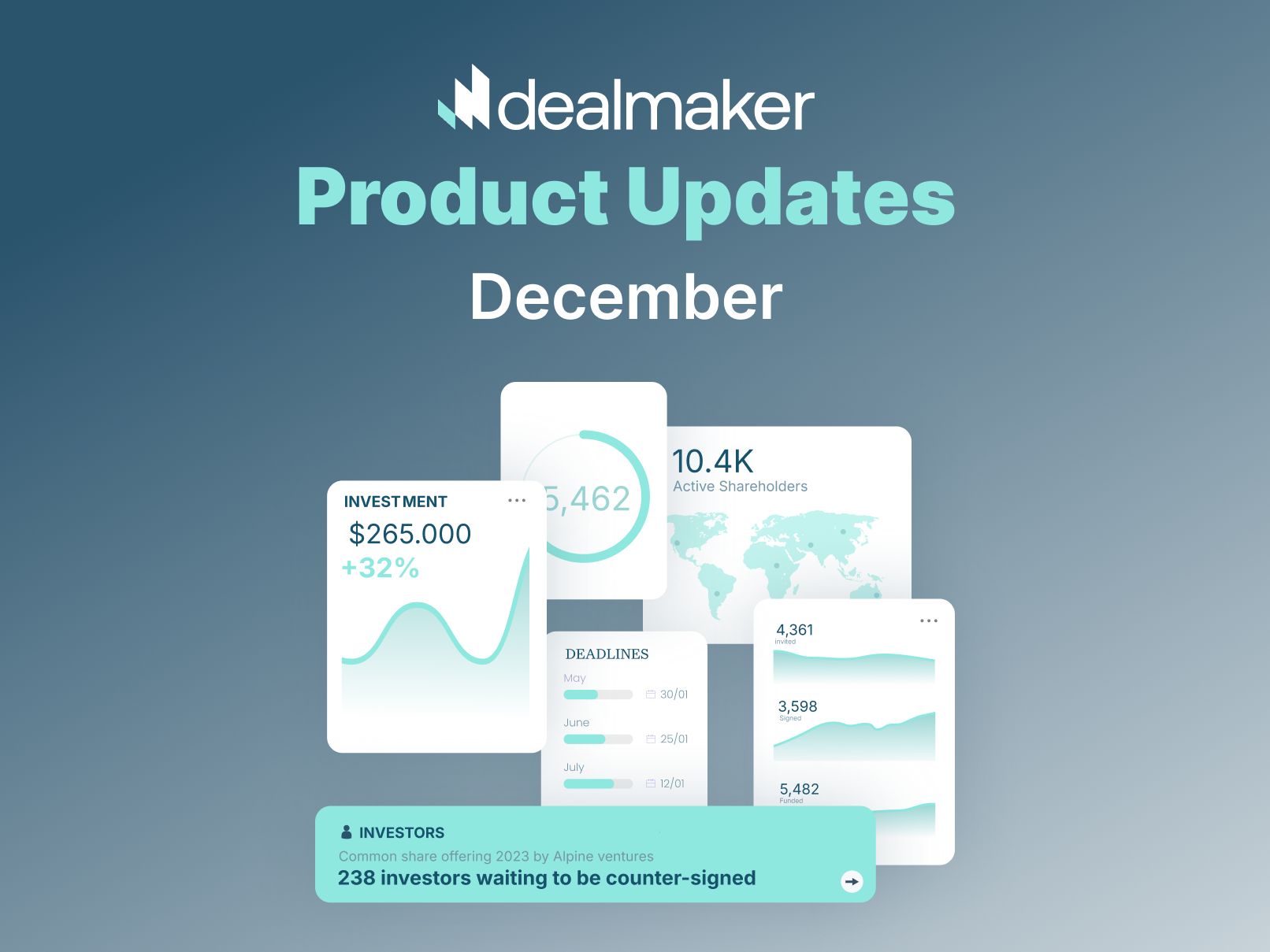
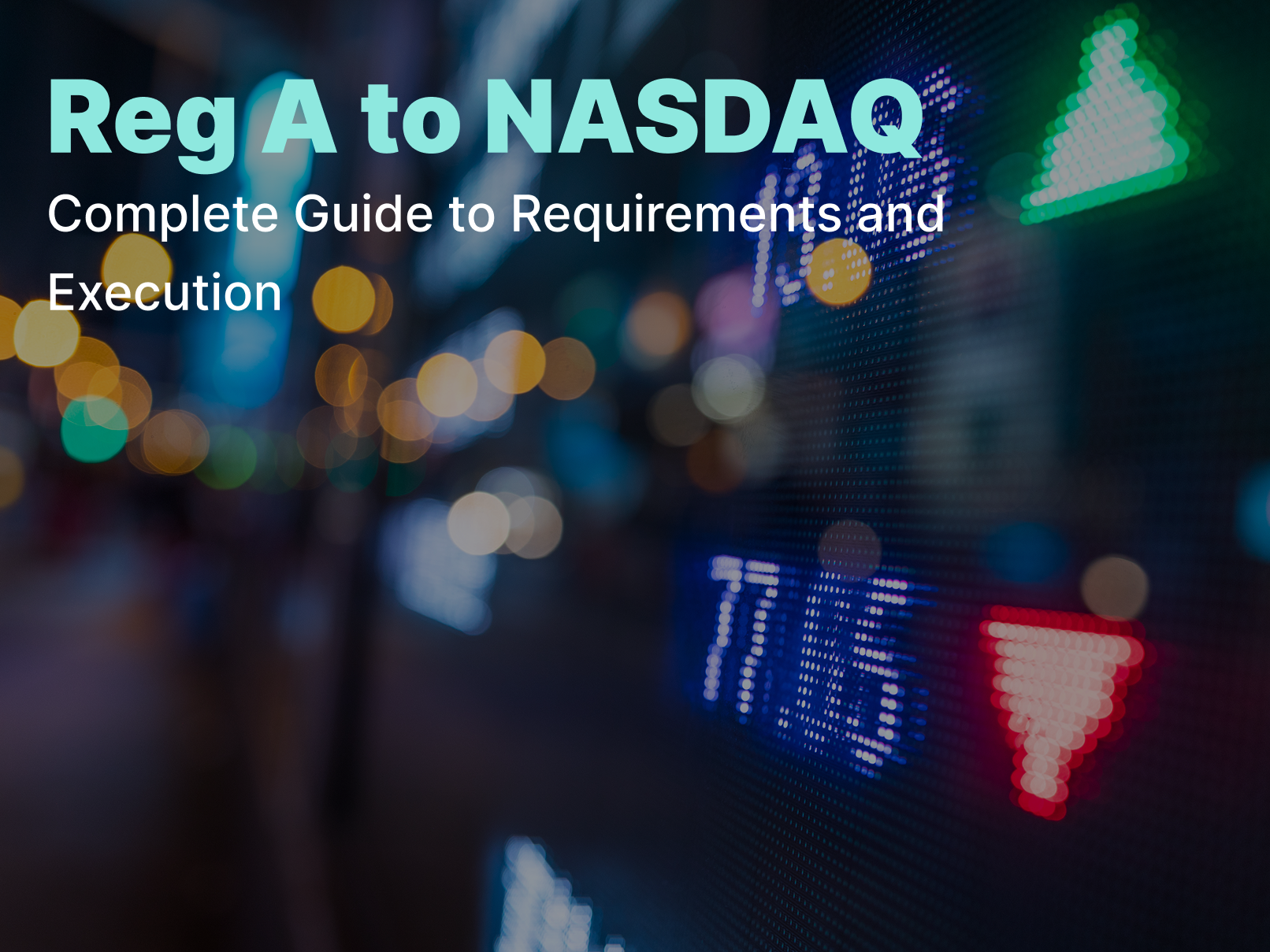
.png)
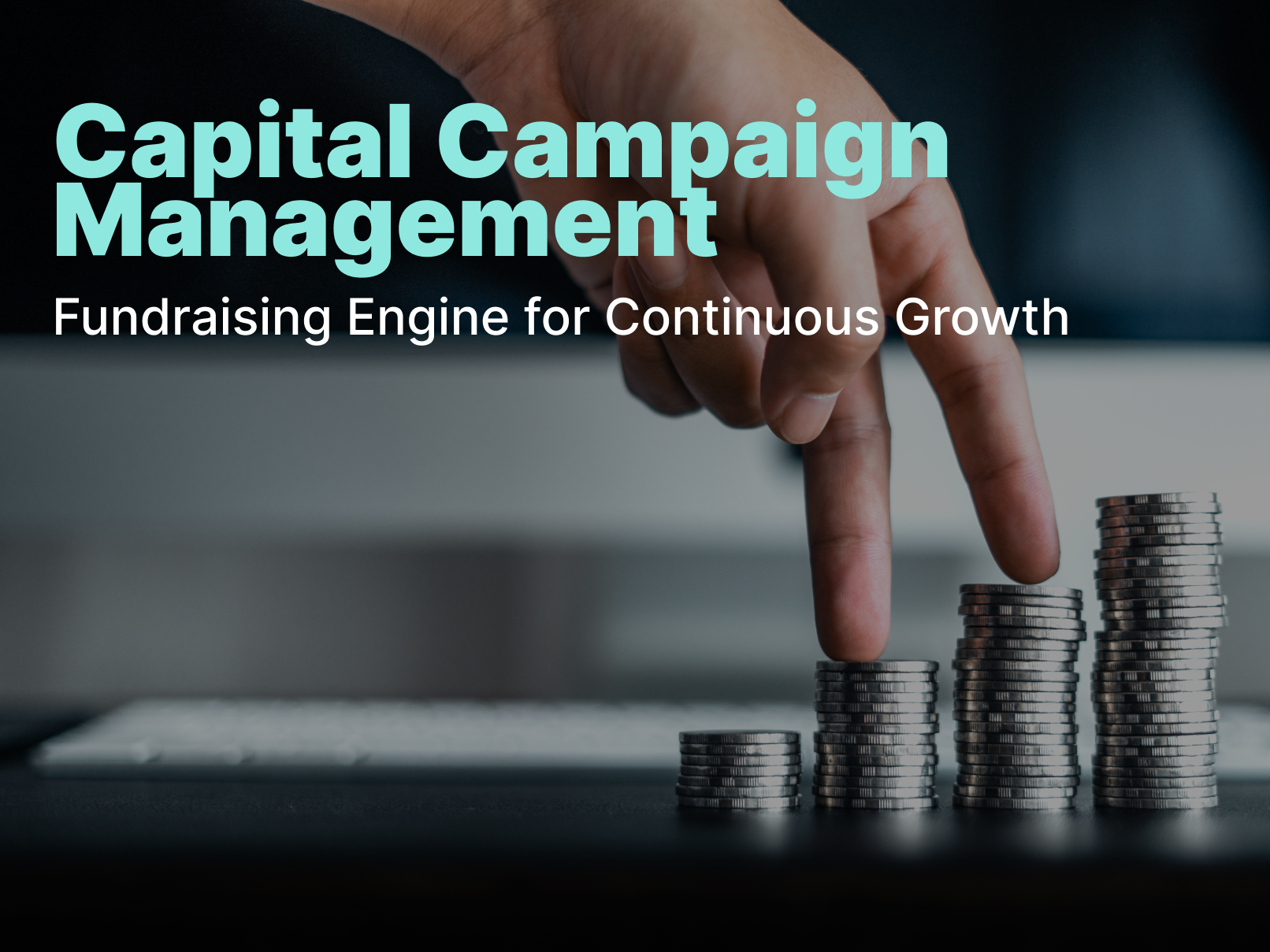
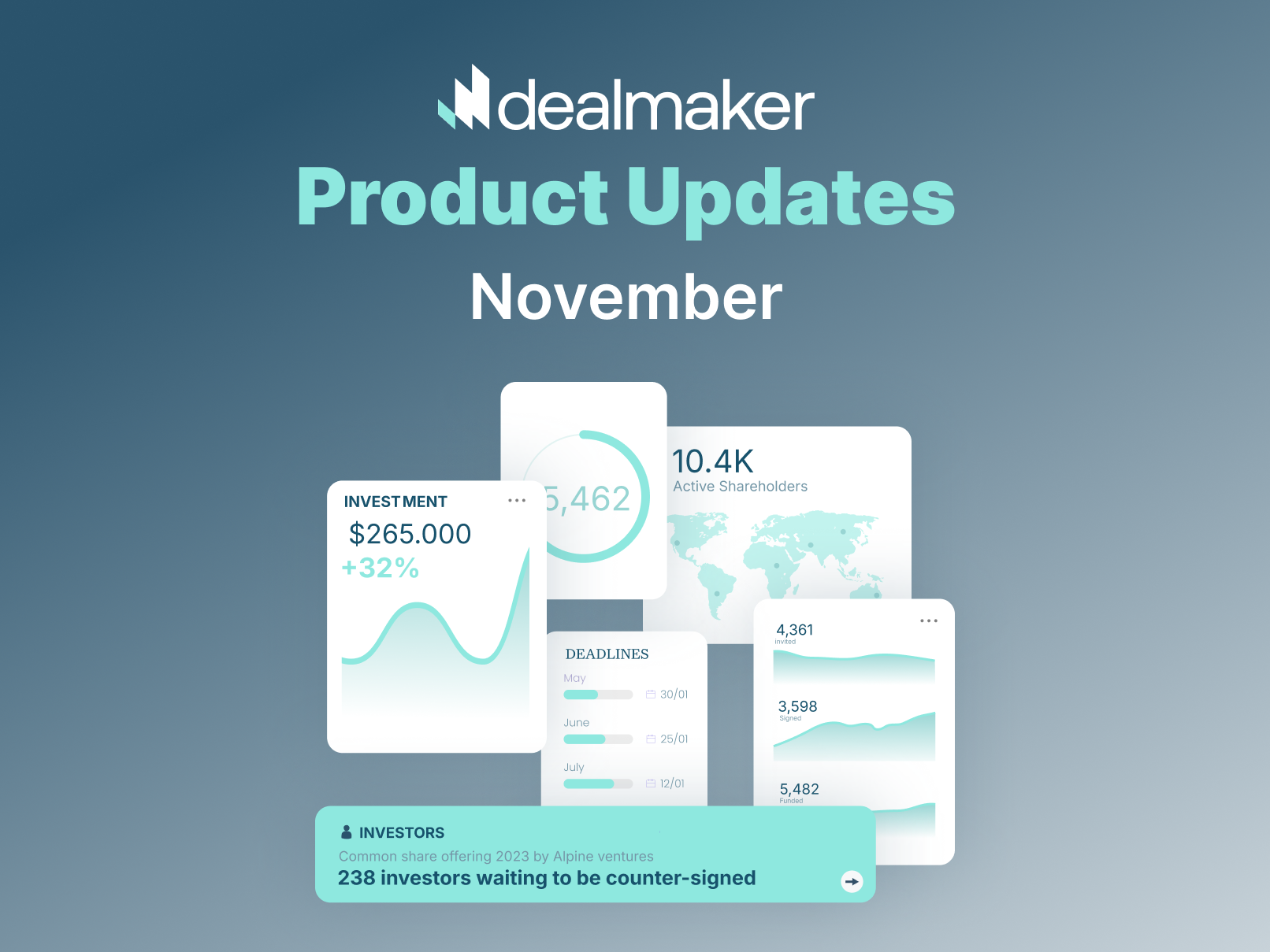
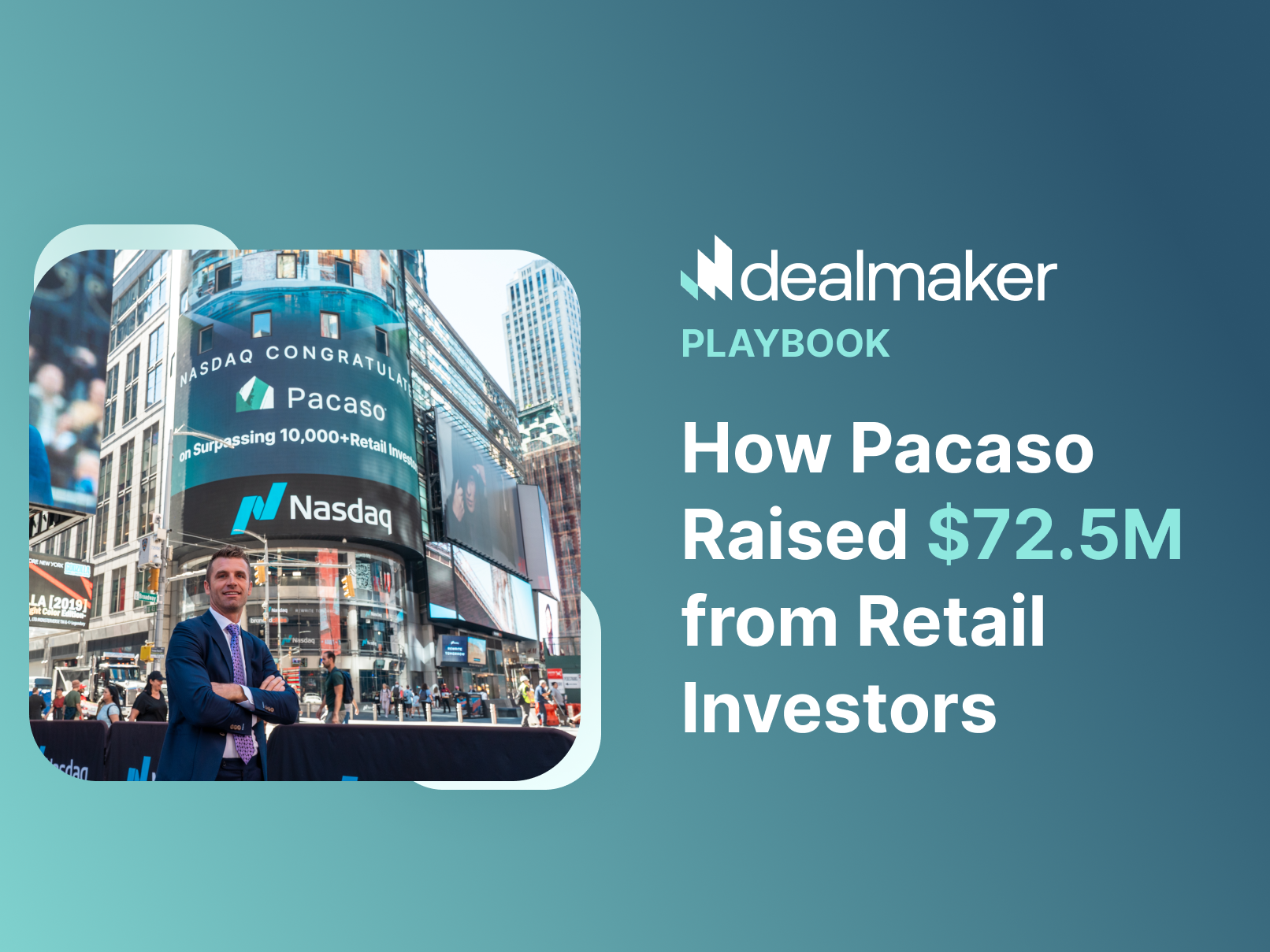
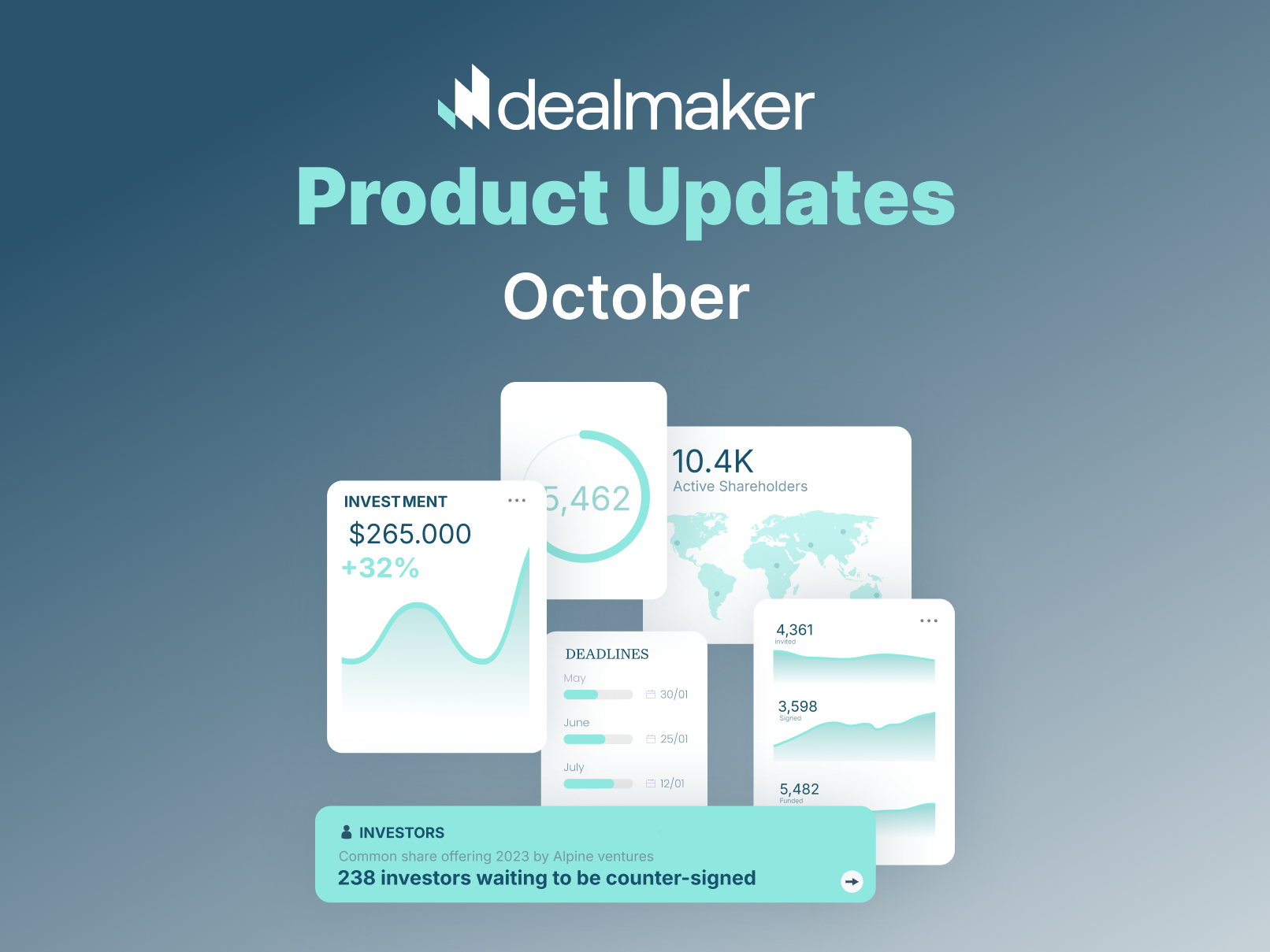
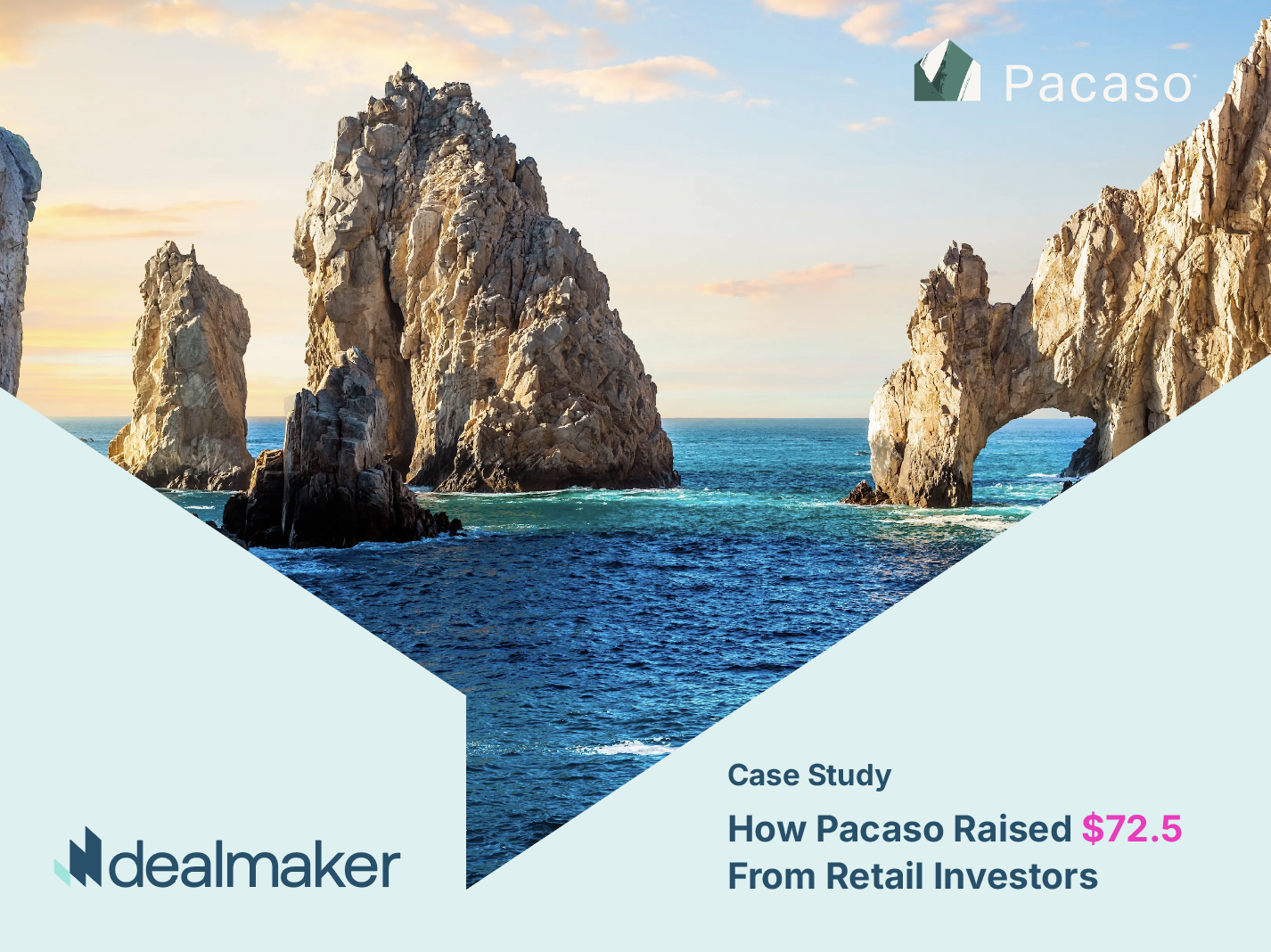
.webp)
.webp)
.webp)
%20(1).webp)